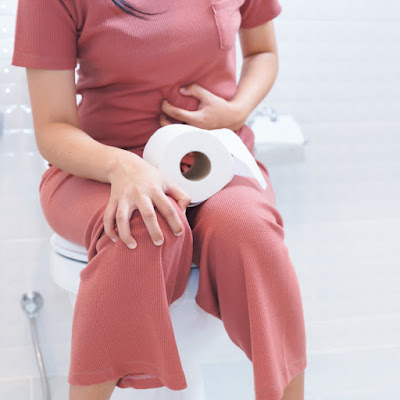Chronic constipation is a common gastrointestinal disorder that affects people of all ages. It is characterized by infrequent bowel movements, difficulty passing stool, abdominal discomfort, and bloating. Chronic constipation is considered a problem when it persists for more than three months. There are various remedies and treatments available to manage this condition. This article will discuss home remedies, medicine, and treatment options for chronic constipation.
Home Remedies for Chronic Constipation:
Here are some Home Remedies for Chronic Constipation:
Increase fiber intake- Fiber-rich foods such as fruits, vegetables, whole grains, and legumes can help promote regular bowel movements.
Drink plenty of water- Dehydration is one of the leading causes of constipation. Drinking enough water throughout the day can help soften stool and make it easier to pass.
Exercise regularly- Regular physical activity can help stimulate bowel movements and promote the flow of waste through the digestive system.
Probiotics- Probiotics are beneficial bacteria that live in the gut. They can help improve digestion and promote regular bowel movements. Foods like yogurt, kefir, and sauerkraut contain naturally occurring probiotics.
- Magnesium supplements- Magnesium is an essential mineral that can help relax muscles in the digestive tract and promote bowel movements.
Medicine for Chronic Constipation:
Here are some Medicine for Chronic Constipation:
Laxatives - Laxatives are the most commonly used medications for treating constipation. They work by increasing the movement of stool through the intestines. Several types of laxatives exist, including bulk-forming, osmotic, stimulant, and lubricant laxatives.
Stool softeners- Stool softeners draw water into the stool, making it easier to pass. They are beneficial for people with complex, dry stools.
Enemas- Enemas involve inserting liquid into the rectum to help soften and remove stool. They are typically recommended for severe cases of constipation that do not respond to other treatments.
- Linaclotide- Linaclotide is a medication that increases fluid secretion into the intestines, making stool easier to pass. It is typically used in people with chronic idiopathic constipation.
Treatment for Chronic Constipation:
Here are some Treatment for Chronic Constipation:
Biofeedback- Biofeedback is a technique that involves using electronic devices to help patients learn how to control their pelvic floor muscles. This can be especially helpful for people with chronic constipation caused by pelvic floor dysfunction.
Surgery- Surgery may be recommended for people with severe chronic constipation that does not respond to other treatments. Surgical options include colectomy, where part of the colon is removed, and rectal prolapse surgery.
- Transanal irrigation involves flushing the colon with water to help remove stool. It is typically recommended for people with neurogenic bowel dysfunction.
Best for Chronic Constipation:
The best treatment option For Chronic Constipation depends on the underlying cause of the condition and the patient's individual needs and preferences. In general, lifestyle changes such as increasing fiber intake, drinking more water, and exercising regularly are suitable first-line treatments for mild to moderate cases of chronic constipation. Laxatives and stool softeners are also effective for many people. For people with more severe or persistent symptoms, prescription medications like linaclotide or biofeedback techniques may be necessary. In some cases, surgery or transanal irrigation may be recommended. Patients must work closely with their healthcare provider to determine the most appropriate treatment plan for their needs.
Conclusion:
Chronic constipation can be frustrating and uncomfortable, but many remedies and Stomach Pain Treatment, are available to help manage symptoms. Home remedies such as increasing fiber intake, drinking plenty of water, and exercising regularly can often be effective for mild cases of constipation. Medication options like laxatives, stool softeners, and linaclotide may be recommended if these lifestyle changes are not enough. In more severe cases, biofeedback, surgery, or transanal irrigation may be necessary. Patients must work closely with their healthcare provider to determine the best treatment plan for their needs. With the right approach, most people with chronic constipation can experience significant relief from their symptoms and improve their quality of life.


Comments
Post a Comment